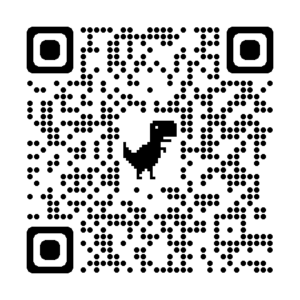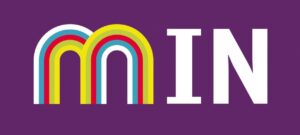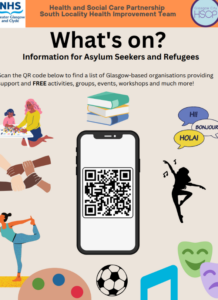Below are a range of resources that may be useful in supporting your child.
If you feel that your child has additional support needs or require more information please contact Mrs Watt or your child’s teacher.
Enquire
Enquire is a Scottish advice service that shares their knowledge and expertise to help children, young people, parents, carers and professionals:
- understand children’s rights to support for learning in Scotland’s schools and nurseries
- work together to get the right support in place
Autism Spectrum Disorder (ASD)
It’s estimated that 1 in 100 people in Scotland are autistic. Autism is a neurological difference which affects the way the brain receives and processes information. It can affect how a person thinks and communicates and how they experience sensory stimuli. Autism is not an illness! Being autistic is part of who that person is. It is not something that can be ‘cured’ or changed or can be ‘grown out’ of and, as such, it’s essential that we try our best to learn more about Autism so we can be understanding and supportive.
You can find out more information on Autism (both what it is and what it’s not) by clicking on the image below:
By clicking on the images below, you will be able to access National Autism websites which will provide detailed information, resources and advice:
 |
 |
 |
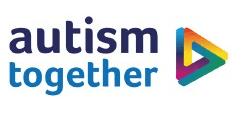 |
 |
Attention Deficit Hyperactivity Disorder (ADHD)
According to NHS Reform (June 2023), Attention Deficit Hyperactivity Disorder(ADHD) is a a group of behavioural symptoms that include:
- Difficulty concentrating and paying attention
- Hyperactivity
- Impulsiveness
Symptoms of ADHD in children are:
Inattentiveness
The main signs of inattentiveness are:
- having a short attention span
- being easily distracted
- making careless mistakes
- appearing forgetful
- losing things
- being unable to stick at tedious or time-consuming tasks
- appearing to be unable to listen to or carry out instructions
- constantly changing activity or task
- having difficulty organising tasks
Hyperactivity & Impulsiveness
The main signs of hyperactivity and impulsiveness are:
- being unable to sit still, especially in quiet surroundings
- constantly fidgeting
- being unable to concentrate on tasks
- excessive physical movement
- excessive talking
- being unable to wait their turn
- acting without thinking
- interrupting conversations
- little or no sense of danger
By clicking on the images below, you’ll be taken to National ADHD support organisation’s websites:
 |
 |
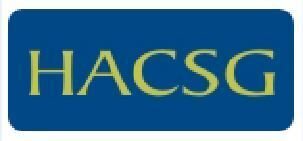 |
 |
 |
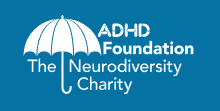 |
Dyslexia
Dyslexia is a common learning difficulty that mainly affects a person’s skills involved in accurate and fluent word reading, writing and spelling. It’s estimated up to 1 in every 10 people in the UK has some degree of dyslexia. Dyslexia is a lifelong problem that can present challenges on a daily basis but unlike a learning disability, intelligence isn’t affected. Characteristic features of dyslexia are difficulties in phonological awareness, verbal memory and verbal processing speed. If a diagnosis of dyslexia is made, support is available and strategies can be implemented to improve reading and writing skills. We work closely with Glasgow Dyslexia Support Service (GDSS) to remove barriers to learning, adapt the curriculum and environment and ensure support programmes and strategies are in place if required.
The signs of dyslexia can differ from person to person.Individuals with the dyslexia will have a unique pattern of reading/writing/spelling strengths and weaknesses.
Some of the most common signs of dyslexia are:
- Confuse visually similar words such as cat and cot.
- Spelling that is erratic – unpredictable and inconsistent.
- Poor hand writing
- Reading and writing can be slow.
- Find it difficult to scan or skim text.
- Need to re-read paragraphs to understand them.
- Find it hard to listen and maintain focus.
- Find it hard to concentrate if there are distractions.
- Struggling to meet deadlines
GDSS is a Glasgow City Council service that supports all educational establishments in Glasgow. The service supports schools, children and young people in a variety of ways. For those with an identification of dyslexia, GDSS provides in-depth diagnostic assessment to plan next steps in collaboration with the learner, parents and appropriate staff. There is also support at stages of transition.
By clicking on the images below, you’ll be taken to National and local Dyslexia support organisation’s websites:
 |
 |
 |
 |
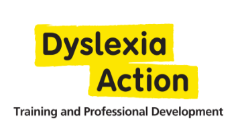 |
Dyscalculia
Dyscalculia is a learning difficulty which a affects a person’s ability to understand and process numbers and numeracy. All people can occasionally struggle with maths and numeracy but for those who have dyscalculia, they will find number processing and manipulation far more challenging.
Some of the most common signs of dyscalculia are:
- Difficulty in counting backwards.
- Poor sense of numbers and estimation.
- Difficulty in understanding place value, often putting numbers in the wrong column.
- Poor understanding of mathematical signs and symbols.
- Finds it hard to learn and understand reasoning methods and multi-step calculation procedures.
- Slow to perform calculations.
- Has difficulty applying numeracy in context.
- Finds applying maths concepts to money challenging e.g calculating exact change.
- Struggle to understand information on graphs and charts.
- Has trouble measuring items.
By clicking on the images below (or any of the Dyslexia organisations), you’ll be taken to National support organisation’s websites:
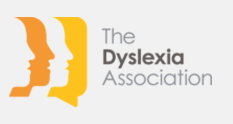 |
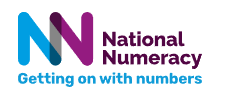 |
 |
Maryhill Integration Network
Maryhill Integration Network (MIN) was established to bring refugees, asylum seekers, migrants and the settled inhabitants of Glasgow together.

Community Based Adult Learning:
https://www.glasgowlife.org.uk/glasgows-learning/community-based-adult-learning
Email: Glasgowslearning.northwest@glasgowlife.org.uk

Glasgow Helps 0141 276 1185. www.glasgowhelps.org
Free, confidential support with interpreters if required on a wide range of issues including:
- Food Support
- Employability
- Mental Health
- Physical Health
- Fuel Support
- Housing
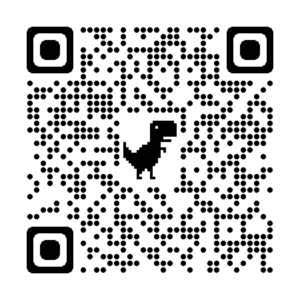
Glasgow Life Family Finance Team
https://www.glasgowlife.org.uk/libraries/finding-work/family-finance-support
Email: financialcapability@glasgowlife.org.uk
Support to achieve goals, advisers work with a range of support services across the city. Ongoing support for individuals for as long as they need.
